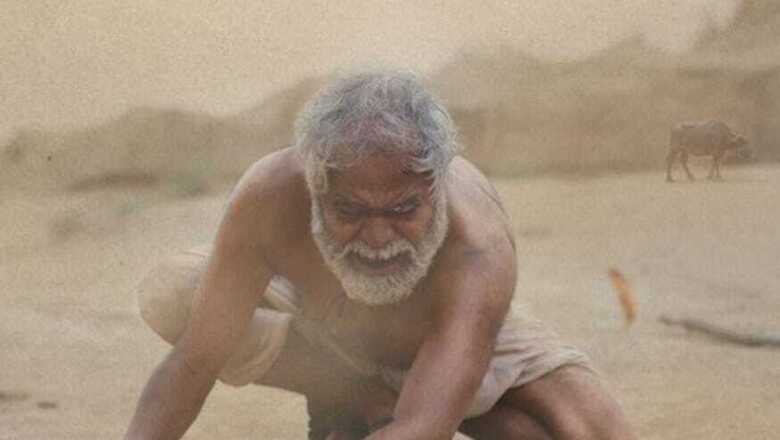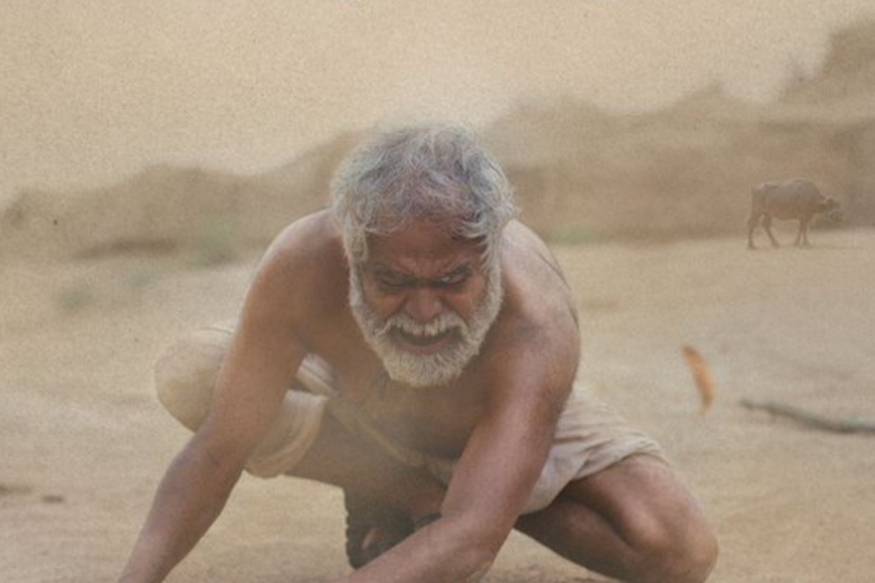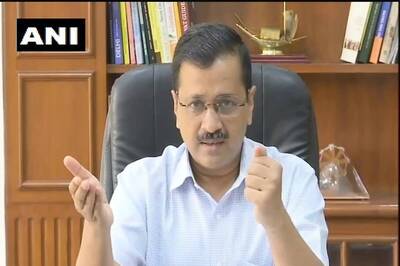
views
Director: Nila Madhab Panda
Cast: Sanjay Mishra, Ranvir Shorey, Tillotama Shome
Like Nila Madhab Panda's previous works, Kadvi Hawa also delves deep into existing social and environmental issues and poignantly brings the human cost of dramatic climate change to the fore. The film is as much about the crisis-ridden life of farmers as it is about the impact of climate change in peripheral areas, with perhaps an emphasis on the latter.
In a Bundelkhand village where it hasn't rained adequately for more than a decade, an unusual bond develops between a blind old man, Hedu (Sanjay Mishra) and a loan recovery agent Gunu (Ranvir Shorey).
While on the face of it there's nothing common between the two, down below are emotions that bring them together for a mission of sorts. Both live in the fear of losing their loved ones and both will do whatever it takes to protect their family.
Hedu lives in the fear that his son Mukund (Neeraj Kabi) might succumb to the pressure of clearing debts and resort to suicide like other farmers in the village. Meanwhile Gunu Babu is referred to as Yamdoot in the village and it's believed that whenever he visits, at least 3-4 farmers give up their life to escape the plight.

But little do people know that Gunu is not evil like he seems. He himself has lost his father and home to a cyclone in Odisha and wishes to make a livelihood for them away from the drought-prone area.
There's a distinctive despair on their faces- Hedu can't stop wishing for this drought to end and for rain to ensure a healthy crop, while Gunu can't come to terms with his loss due to excessive rainfall. The first half builds up the desperation leading the two to unite and the second lays bare their mutual helplessness.
Both Mishra and Shorey are in top form in their respective roles. Mishra as a blind, frail yet determined old man delivers a compelling act throughout. His endearing scenes with his onscreen granddaughter Kuhu are one of the many pluses in the film. He weaves the wisdom of a grandfather and the helplessness of a father together into a taut character. Shorey, as a compulsively arrogant official preying on poor farmers also does a fine job. It's perhaps the combination of the two that Madhab's grey humor manages to evoke laughter. In a small yet intriguing role, Tillotama too demands your attention. Her unflinching gaze is a reflection of the tension coursing through her house.
The cinematography works as an ode to Madhab's story. It lay bares the despondency of debt-ridden farmers while simultaneously showing an accurate portrait of these parched lands. The best part of the film perhaps is that it doesn't intend to answer or preach on the difference between right and wrong but instead leaves you with plenty to think about. Unsettling but rightly so.
Rating: 3.5/5




















Comments
0 comment